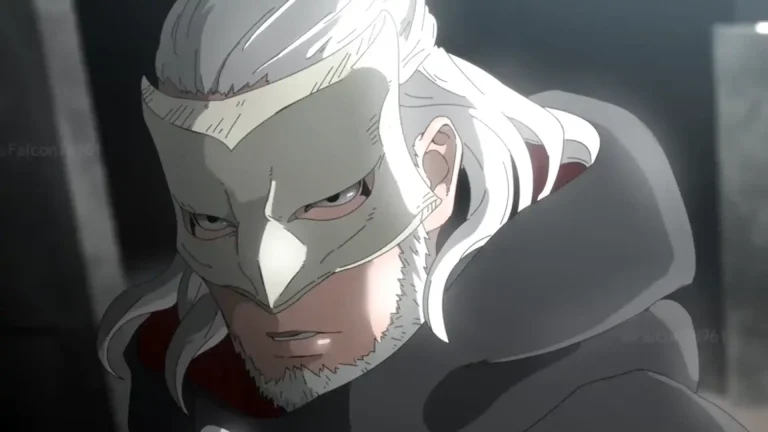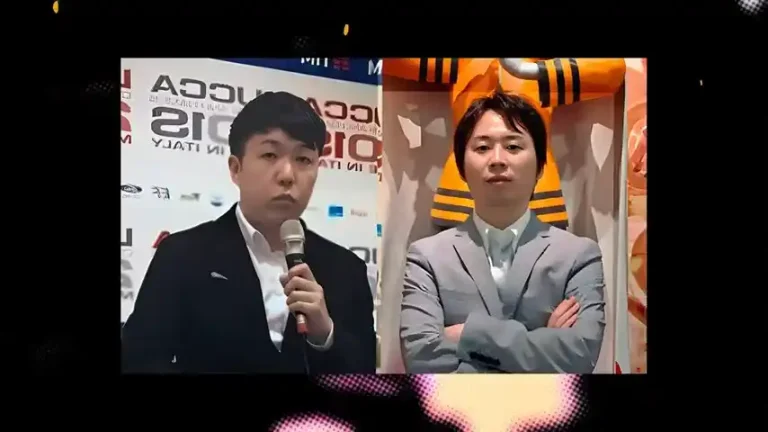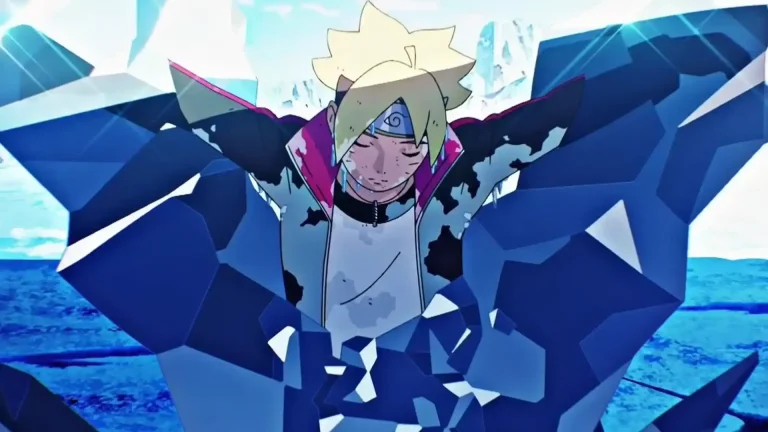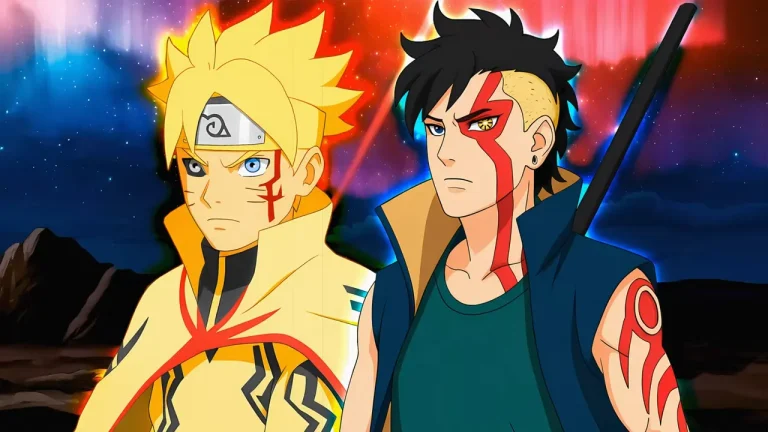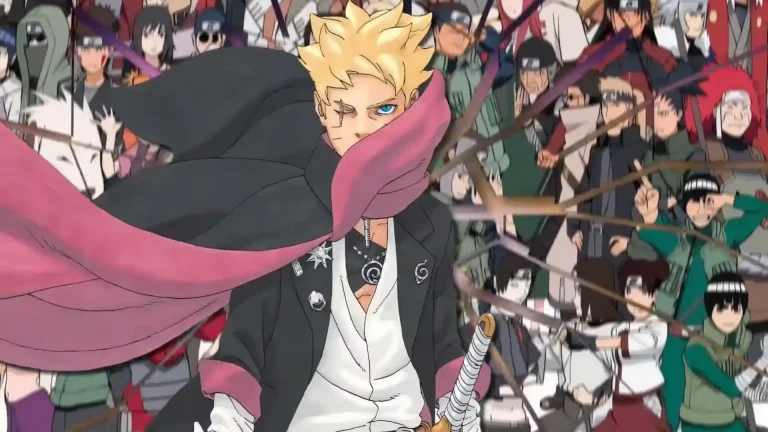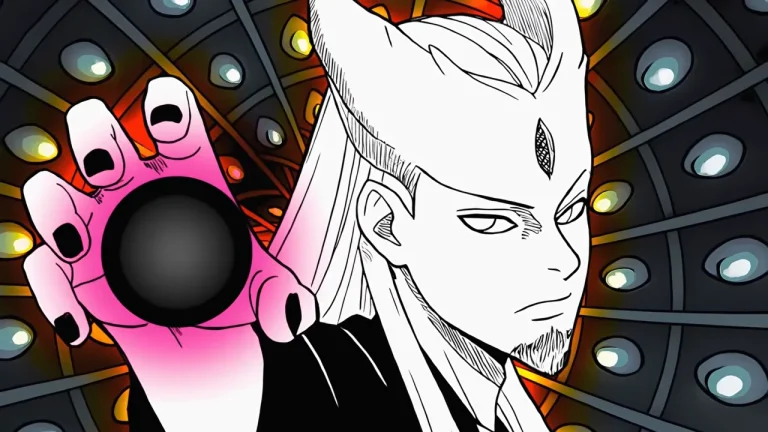A Deep Dive into Boruto’s Character in Two Blue Vortex
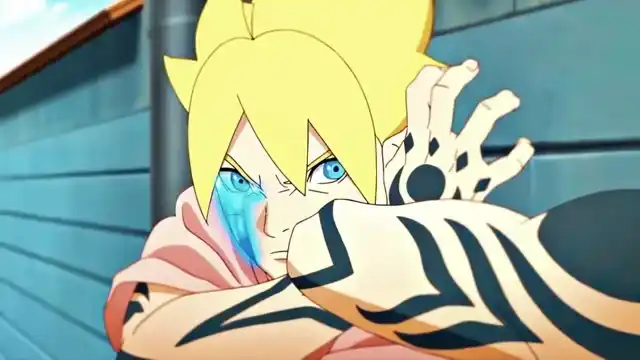
With Boruto: Two Blue Vortex Chapter 14 right around the corner, we’re reaching a critical point in the story—Boruto’s eventual interrogation and post-capture after the battle with Jura and the Shinju that invaded Konoha. During this time, I decided to do a deep dive into Boruto’s character because I think a lot of people either deliberately (and I mean that intentionally) choose to misunderstand the character, or there’s a lot of miscommunication and misinformation about his goals and what exactly it is Boruto is trying to accomplish.
For those who don’t know, I’m referencing Boruto in Boruto Two Blue Vortex rather than Boruto in Naruto Next Generations. Now that the second half of the story has begun, we’re seeing that part of the story Boruto initially told us about in the beginning chapters, where his father’s and his stories were collectively intertwined. The story focuses on Boruto and his overall conflicts with Kawaki.
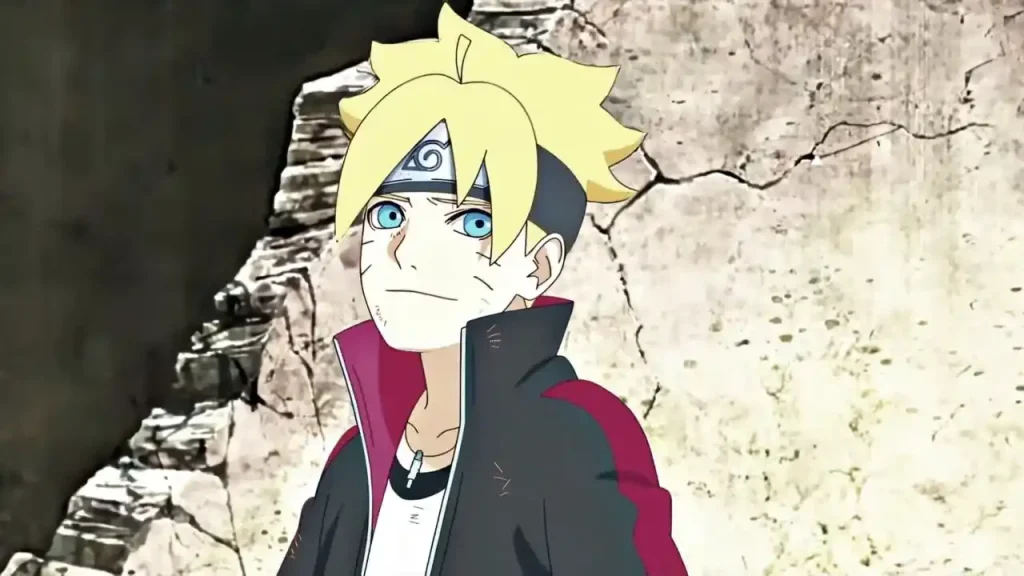
I want to say a couple of things. First, Boruto isn’t Naruto. Many people repeat the same talking points about why Boruto isn’t interesting: “He’s a brat,” “He’s not as good as Naruto.” I need to re-categorize how we view Boruto as a whole. For those of you who haven’t realized it, Boruto is not meant to appeal to the same audience that Naruto did. They’re completely different characters in their overall standings in their village, the respect they get, their baseline power and potential from the beginning, and their circumstances, which aren’t all that similar—at least not until later in the story.
Originally, Boruto was perceived as a brat, a cocky know-it-all who rushes through his training and doesn’t understand the importance of being a ninja. This is something the first movie and the early section of Boruto: Naruto Next Generations tried to hammer home. I think a lot of people missed this. You’re not supposed to like Boruto at the beginning of the story because, as he states, he was a kid—a brat who knew nothing of the world. However, as the story progresses, he begins to understand his father’s values, the Shinobi Nindo, and the lessons the previous generation has imparted through their own experiences.
What I mean by that is this: Naruto was a kid who had nothing. He came from nothing. Sure, he had the Nine-Tails fox within him, and yes, you could argue he was the reincarnation of Ashura, but in terms of his standing as a child, Naruto didn’t get any love from his village. The iconic swing scene from Naruto is etched into our minds whenever we think of his loneliness. Every time we see Naruto make that sad, somber face that looks like he’s remembering his past, we feel that pain with him. Why? From the beginning, the story depicted him as alone, and we didn’t like that. Many of us, myself included, could empathize with that loneliness. We empathized with the sadness of feeling like we didn’t belong, not getting the credit we deserved, just wanting closeness, and lacking a strong father figure for many of us.
For me, there was a period when I didn’t have a present father figure for personal reasons. During that time, I felt like no one understood me. My relationship with my parents wasn’t as strong as I wanted it to be, and although those things are unfortunate, that’s just the life many of us grew up in. I’m an inner-city Black, nerdy otaku, for those who don’t know. So, for me, I empathized with Naruto. I knew what it felt like to be alone and an outcast. Later in life, my father and I got closer, but growing up, he was always working—bills had to be paid. That left us without much time together. I think this is why I was able to appreciate Boruto Uzumaki’s character later on in my life.
As an adult, I can now look back and understand why Boruto initially bothered me. It wasn’t because he was annoying or a brat; it was because he didn’t seem to appreciate Naruto’s struggles—the struggles that we, as the audience, had come to know and empathize with. Boruto didn’t understand the complexities of being a Shinobi or the importance of training and hard-earned values. It wasn’t until he saw Momoshiki taking shortcuts that Boruto himself decided to do things the right way. He committed to following his ninja path, aiming to be an honorable Shinobi—someone like Sasuke or someone his father could rely on as Hokage’s assistant. Recognizing and respecting Naruto’s position was a huge moment of growth for Boruto, and yet no one seems to give him credit for that.
I don’t know why everyone seems to think he’s supposed to be at this pinnacle of maturity, but Boruto, at the end of Naruto Next Generations, was only 12 going on 13. He’s a kid—a brat! That’s what he’s supposed to be. Those of you who have younger siblings might understand what I’m discussing more than others. Here’s why: when you grow up as the first, second, or third child, your parents typically aren’t as lenient. They’re still learning how to raise kids. I was the second draft in my family, so my parents were still rough around the edges regarding discipline. But my baby sister, who I love dearly, had a completely different upbringing. She didn’t experience the same strictness that I did.
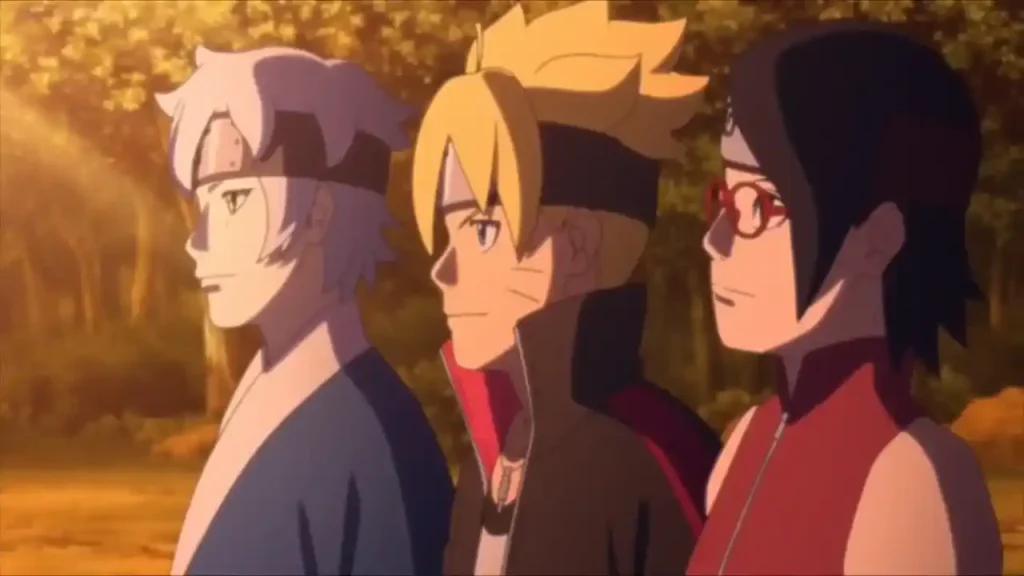
Boruto is like my sister in that sense—he doesn’t fully realize the sacrifices made by the previous generation, his father, and all the Shinobi that came before him. He doesn’t appreciate the lessons or the importance of training, which is exactly why Boruto’s character takes a different approach now.
I want to be clear: Boruto’s decision not to kill Kawaki makes sense from a narrative standpoint. What I mean by that is, if I were Boruto, as Shikamaru said in Boruto: Two Blue Vortex Chapter 4, when Boruto was fleeing from Mitsuki, I’d probably just kill Kawaki to save Naruto and call it a day. But I understand why Boruto isn’t doing that. It’s because of the lessons he’s learned. Boruto isn’t a regular Shinobi anymore. He’s fought the Otsutsuki gods in small doses and gained knowledge and capabilities from his teachers—Sasuke, Naruto, and Konohamaru. This has allowed him to see that shortcuts aren’t the answer.
Could Boruto, at this point in the story, defeat Kawaki? Absolutely. I have no doubt. Anyone who says otherwise isn’t watching the same story—they must be watching Boruto: Three Blue Vortex because, from what I’ve seen, he’s beyond more powerful than Kawaki. However, Boruto’s not taking the easy way out. He’s not an angsty Gary Sue or whatever people are saying. He’s just trying to save his family, and he’s doing it through hard work and the lessons passed on to him by his masters and his father.
For those who think Boruto didn’t respect Naruto’s way growing up or believe Boruto somehow ruined Naruto’s character, I’ve already written an article about how Boruto did not ruin Naruto. Be sure to check it out if you’re interested.

